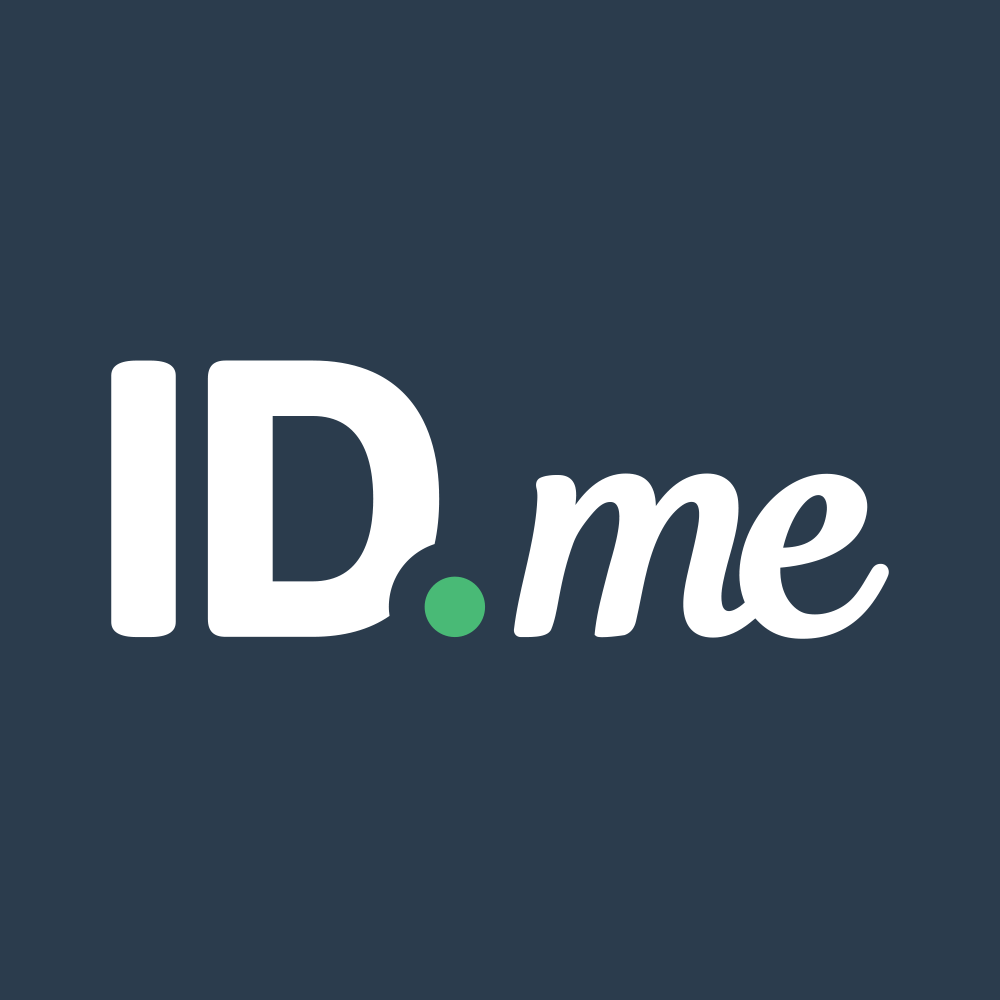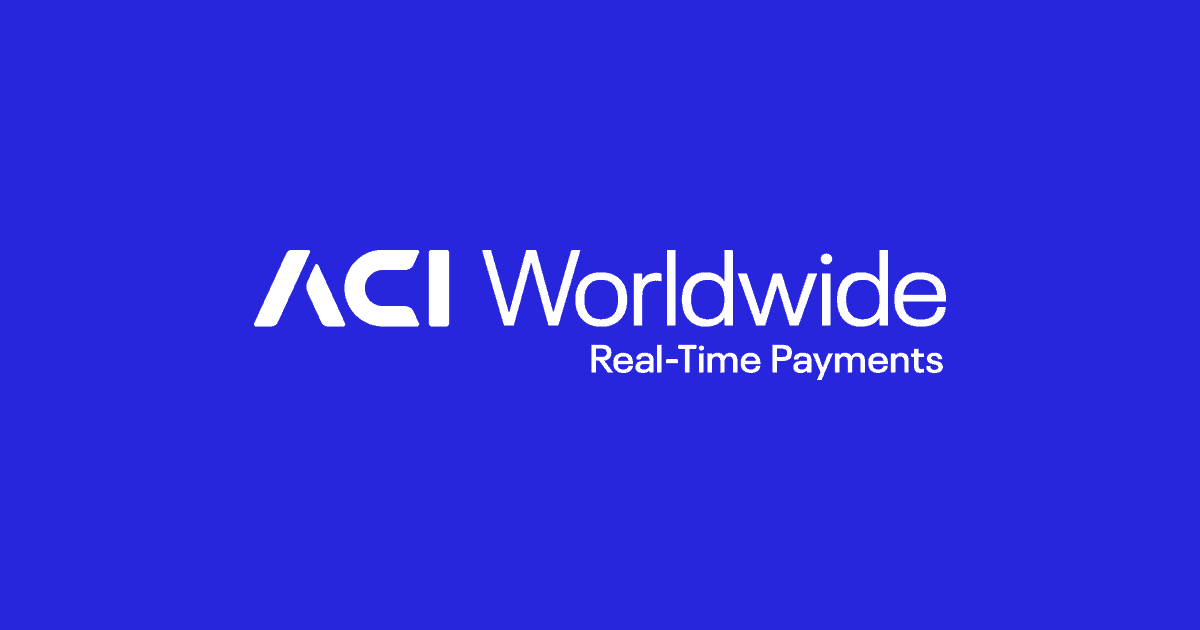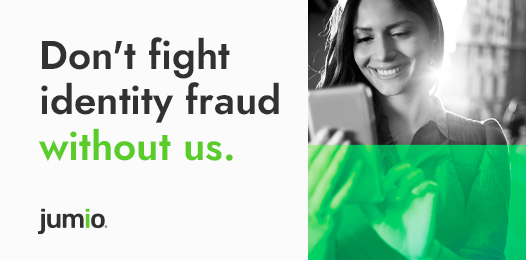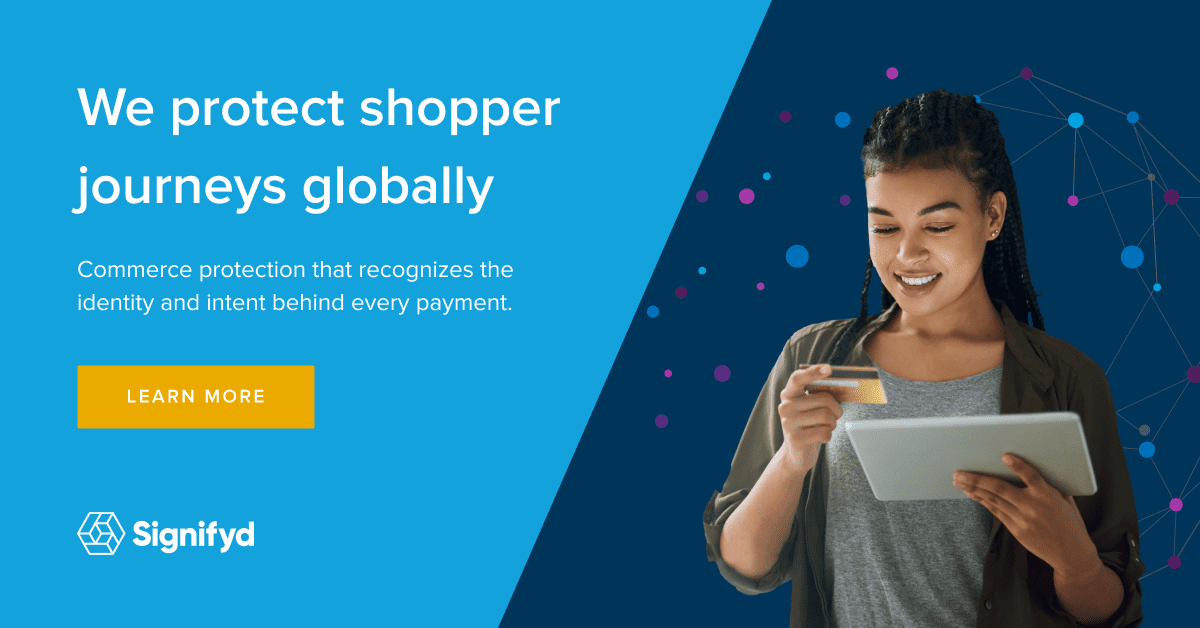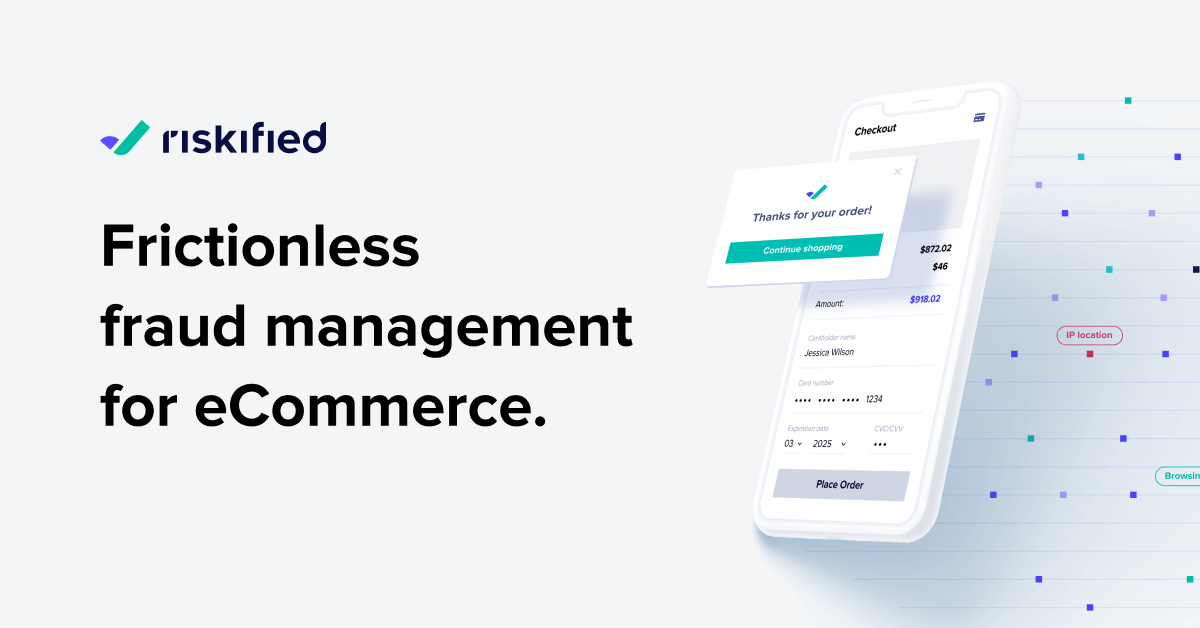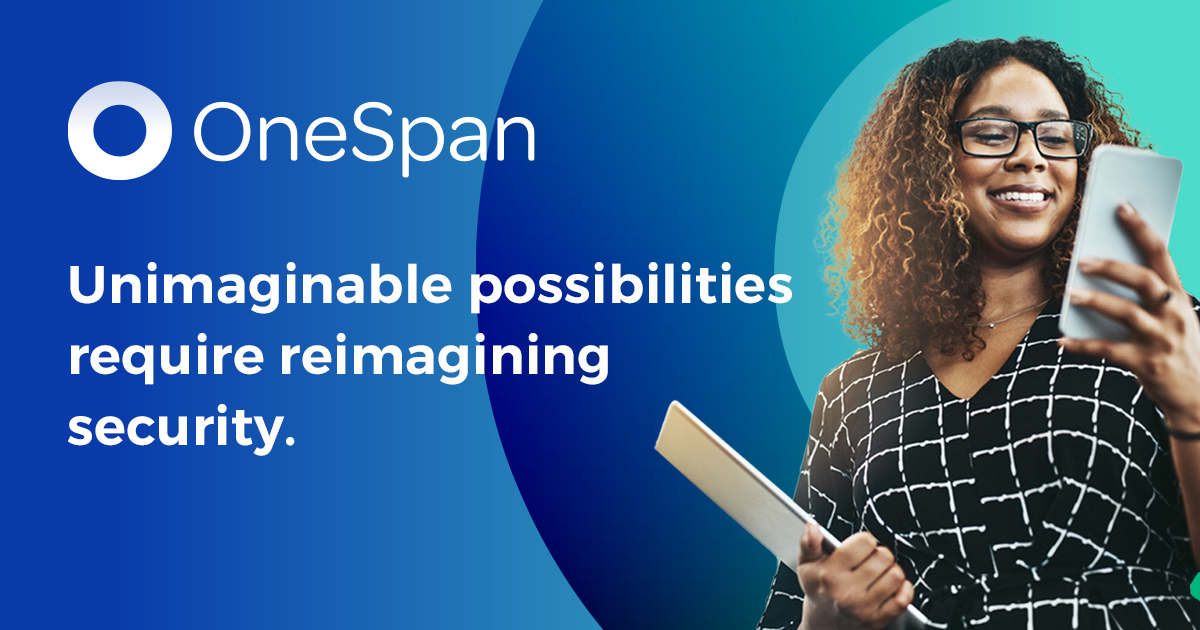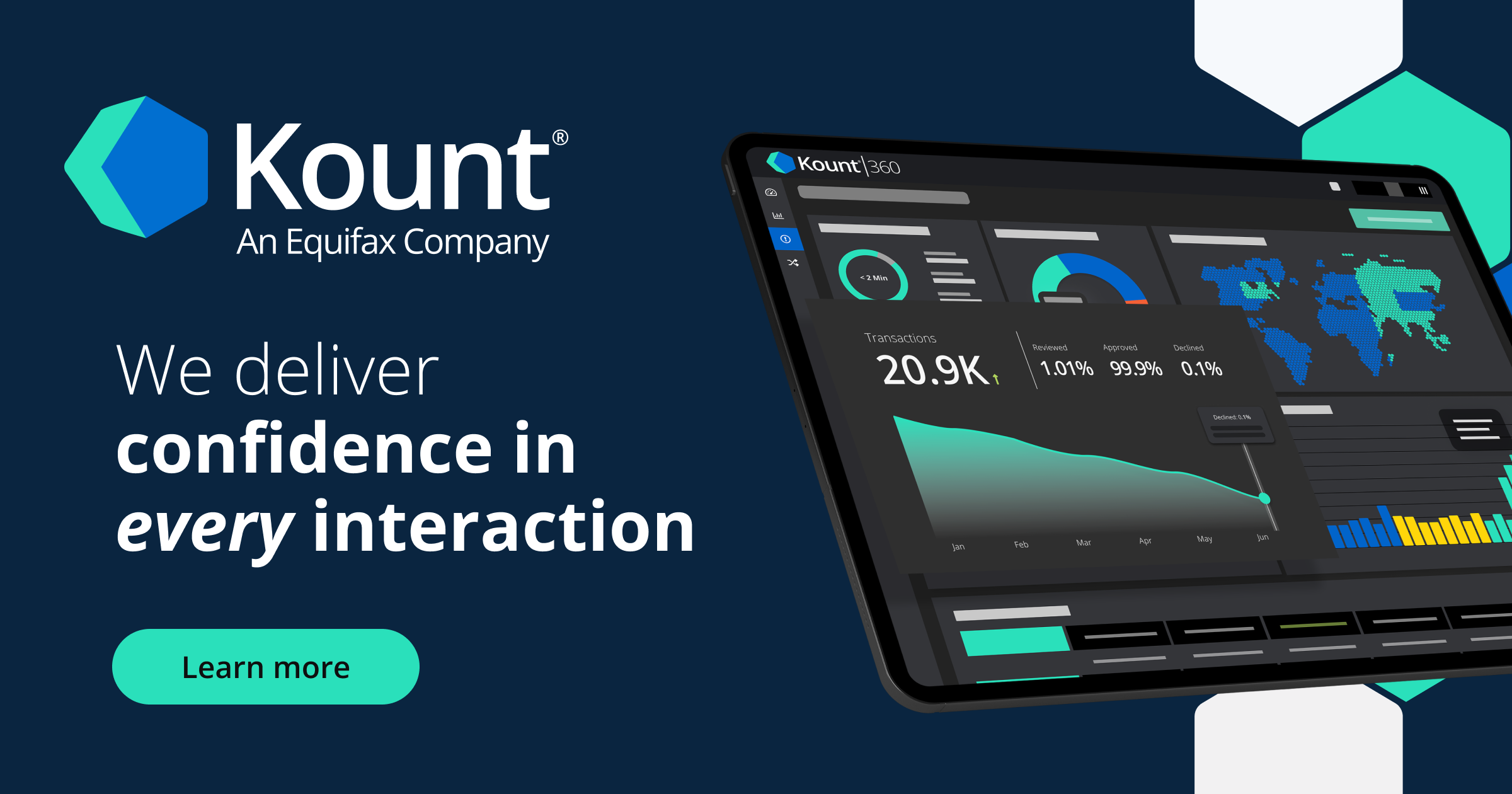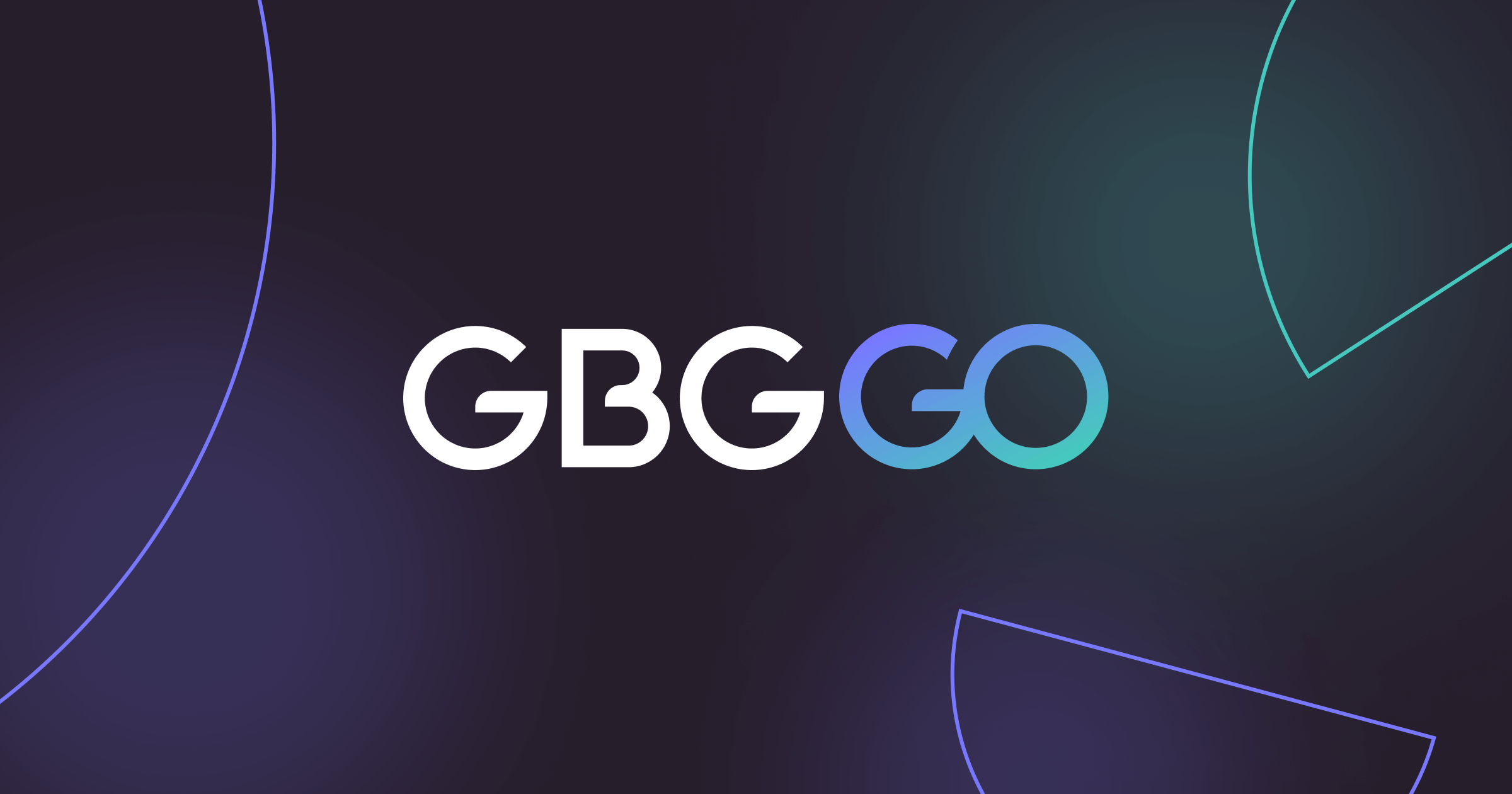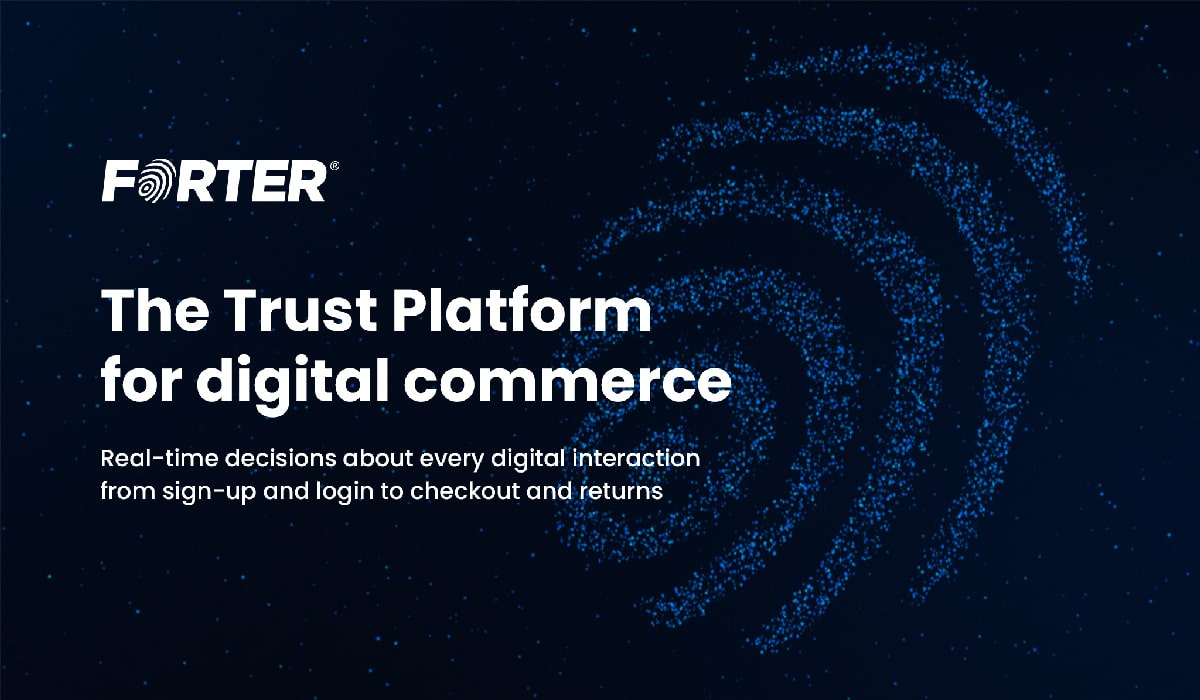Introduction
As digital commerce and online financial transactions continue to grow exponentially, so does the need for robust fraud prevention. Legacy systems and rules-based approaches are increasingly inadequate against sophisticated bad actors. Leading companies now leverage specialized software with advanced AI and machine learning to proactively detect and prevent fraud. In this blog, we evaluate 15 top fraud prevention platforms based on their capabilities and effectiveness.
Methods of Evaluation
We evaluated each solution based on the conventional criteria of identity verification strength, transaction modeling capabilities, rule customization options and performance metrics. In addition, we also considered some unique modern factors like number of backlinks, website traffic, keyword search trends to gauge overall market presence and mindshare. Our rankings aim to help businesses select the right partner suitable for their industry and use cases.
1. SAP Fraud Management
SAP Fraud Management is SAP’s holistic fraud prevention and detection software. As a leading enterprise software provider, SAP offers fraud management capabilities that are seamlessly integrated with their broader business applications.
Pros: Some key advantages of SAP Fraud Management include: it provides a holistic view of fraud risks by integrating with the larger SAP ecosystem, its deployment experience spans industries and geographies allowing customers to learn from best practices, its integration capabilities reduce data silos for more effective fraud analysis.
Cons: A potential disadvantage is that SAP Fraud Management requires additional investment and resources to implement due to its breadth and depth of functionality within the larger SAP software suite.
Pricing: SAP Fraud Management pricing varies based on deployment size, modules, services required. Contact SAP sales representative for a custom quote.
Some key stats about SAP Fraud Management include: used by over 5000 customers globally across industries, supports fraud detection and prevention across domains like payments, insurance claims, and commerce, over 20 years of experience deploying fraud solutions at global enterprises.
2. FICO
FICO is a pioneering company in using artificial intelligence and analytics to help businesses detect and prevent fraud. FICO has been developing fraud detection solutions for over 50 years and is a leader in card, account takeover and application fraud protection. Their solutions are used by many of the largest banks, lenders and retailers around the world.
Pros: Some key advantages of FICO’s fraud protection software include:
– Pioneered the use of AI and machine learning for continuously optimized fraud models
– Broad range of solutions that can be customized for different fraud types like card, account takeover and new application fraud
– Constant monitoring and updating of models to catch new fraud patterns and tactics as they emerge
Cons: One potential disadvantage is the cost as FICO solutions are more expensive than some less sophisticated options. However, for large financial institutions and retailers the additional fraud prevention capabilities typically outweigh the higher price.
Pricing: Pricing for FICO’s fraud solutions varies depending on the type and scale of implementation. Typical pricing models involve an initial setup fee plus an ongoing subscription based on transaction volume protected and number of accounts/identities under management.
Some key stats about FICO’s fraud solutions include:
– Protects over 2 billion identities globally
– Models trained on over 120 billion consumer interactions annually
– 99% accuracy in detecting fraudulent transactions
3. ID.me
ID.me is an identity verification platform that uses government-issued IDs and selfies to verify people’s identities online. Founded in 2010, ID.me has verified over 80 million Americans and is trusted by federal agencies like the Social Security Administration as well as state workforce commissions and healthcare marketplaces. The company aims to reduce fraud while streamlining the digital experience for users.
Pros: Key advantages of ID.me’s identity verification platform include:
– Facial liveness detection establishes authentic identities by verifying photo matches a live person
– Identity verification allows passwordless logins and sign-ups for partner services
– Consented data sharing streamlines digital experiences by importing verified user profiles into partner systems
Cons: A potential disadvantage is that ID.me currently only supports identity verification for U.S.-based individuals. International customers may need to seek out other identity verification providers.
Pricing: ID.me offers various pricing tiers based on an organization’s needs. Pricing starts at $1 per verified user for basic identity verification. Higher tiers include advanced features like biometric authentication, consented data sharing, and customized branding.
Some key stats about ID.me include:
– Verified over 80 million Americans’ identities online
– Partnered with 30 U.S. states and numerous federal agencies
– Provides identity verification for benefits programs like unemployment insurance and healthcare marketplaces
– Uses facial liveness detection and government ID scans to establish authentic identities
4. ACI Worldwide
ACI Worldwide is a leading global software company focused on helping organizations use digital payments to connect with their customers. With ACI’s fraud management solutions, merchants and payment providers can detect, prevent and manage fraud across all payment channels in real-time.
Pros: Some key advantages of ACI Worldwide’s fraud protection software include:
– Holistic omni-channel fraud prevention and management
– Real-time decisioning integration across back-end systems like CRM, payments, etc.
– Advanced ML-based behavior analysis to detect both known and unknown fraud patterns
Cons: One potential disadvantage is that the advanced ML and AI capabilities require large volumes of historical transaction data to be truly effective, which may be an issue for newer merchants.
Pricing: Pricing is dependent on transaction volumes, number of payment channels integrated, and level of customization required. However, generally pricing is on a per transaction or monthly subscription basis.
Some key stats about ACI Worldwide’s fraud protection software include:
– Processes over $14 trillion in electronic payments and securities transactions every year
– Secures e-commerce and mobile transactions for over 6,000 financial institutions, retailers and payment providers globally
5. Jumio
Jumio is a leading identity verification provider that uses advanced ID document verification and facial recognition technology to verify users identities online. Founded in 2010, Jumio provides identity verification solutions for organizations across industries like finance, sharing economy, gaming and more.
Pros: Some key advantages of Jumio’s identity verification platform include:
– ID document verification uses machine vision and OCR to analyze ID document details
– Face matching validates that the document holder is who they claim to be
– Real-time decisioning protects genuine users by preventing fraudulent activity
Cons: One potential disadvantage is that the identity verification process may take slightly longer than non-biometric alternatives since it involves analyzing photos and documents. However, the tradeoff is significantly higher fraud prevention capabilities.
Pricing: Jumio offers flexible subscription plans based on monthly transaction volumes. Pricing starts at $0.50 per transaction for plans with over 10,000 monthly transactions. Custom and enterprise plans are also available for larger organizations with custom pricing proposals.
Some key stats about Jumio include:
– Processes over 150M verifcations annually
– Supports over 200 different types of government-issued IDs from around the world
– Has a 98% success rate for ID document and face matching verification
– Can return verification decisions within seconds
6. Deep Instinct
Deep Instinct is an AI-powered cybersecurity company that provides next-generation deep learning cybersecurity solutions to enterprises, governments, and consumers. Founded in 2014, Deep Instinct has developed the world’s first and only deep learning cybersecurity platform powered by an AI model capable of learning and performing predictive analysis like the human brain.
Pros: Some key advantages of Deep Instinct include:
– AI-powered threat prevention analyzing behavior in real-time to catch newly emergent malware
– Anomaly detection that can catch previously unknown risks and zero-day attacks
– Reduces false positives through explainable results that show why a file was deemed malicious
Cons: One potential disadvantage is that as an emerging AI technology, Deep Instinct’s platform may not be as full-featured or have as extensive reporting capabilities as some more established antivirus vendors currently.
Pricing: Pricing for Deep Instinct varies depending on the size of the organization and number of endpoints but generally starts at around $2-$3 per endpoint annually for the complete Deep Instinct platform.
Some key stats about Deep Instinct include:
– Protected over 150 million endpoints globally
– Accuracy rate of 99.9% with zero false positives in tests
– Analyzes 60 years of malware in 1 second using its deep learning algorithms
7. ZeroFOX
ZeroFOX is a leader in digital risk protection, monitoring over 1 trillion indexed web pages and social profiles daily to detect threats to brands and organizations. Founded in 2014, ZeroFOX protects enterprise clients across numerous industries such as finance, retail, and healthcare from cybercrime, fraud, and reputation damage.
Pros: Some key advantages of ZeroFOX include:
– Continuously monitors open, deep & dark web for data leaks and breaches
– Brand protection catches fraudulent activity and impersonation of brands and organizations
– Visual investigations surface hidden associations and connections between digital identities, online accounts and digital footprints
Cons: One potential disadvantage is that ZeroFOX is aimed more towards enterprise clients rather than small businesses or individuals due to pricing.
Pricing: ZeroFOX offers customized pricing plans based on organization size and requirements. Pricing typically starts in the tens of thousands of dollars per year for basic protection and scales upwards from there based on additional services and customizations needed.
Some key stats about ZeroFOX’s platform include:
– Monitors over 1 trillion web pages and social profiles daily for threats
– Covers threats from the open, deep and dark web
– Protects numerous enterprise clients across multiple industries
8. Signifyd
Signifyd is a leading provider of fraud protection and prevention services for ecommerce companies. Founded in 2011 and headquartered in San Jose, California, Signifyd protects over $200 billion in annual online transactions for many top retail and travel brands. Their platform uses advanced AI and machine learning models to assess risk across the customer journey and prevent fraud before it impacts revenue.
Pros: Some key advantages of Signifyd include: – Post-purchase guarantees empower flexible return policies – Machine vision and 3D fraud model extract insights from complex transaction events – Advanced AI risk rating analyzed across the entire customer journey from browsing to fulfillment
Cons: The main disadvantage is the upfront costs associated with implementation and setup of Signifyd’s platform and services for a new client.
Pricing: Signifyd offers three main services – Revenue Protection, Abuse Prevention, and Payment Compliance. Pricing is typically based on a percentage of GMV protected or a flat monthly fee depending on business size and needs.
Some key stats about Signifyd include: – Protected over $200 billion in annual online GMV for clients – More than 1,000 employees globally – Named a leader in Forrester’s fraud detection report 7 years in a row – 90% success rate in blocking fraudulent transactions
9. Riskified
Riskified is a fraud prevention platform that uses machine learning and AI to help ecommerce businesses assess the risk of online transactions. Founded in 2012 and headquartered in New York, Riskified works with many of the world’s largest online merchants to filter out fraudulent orders and reduce costs.
Pros: Some key advantages of using Riskified include:
– Uses machine learning to automatically assess the risk of low-value transactions that humans may miss.
– Machine learning models are continuously improved and retrained as more data is analyzed.
– Increases order approvals by filtering out chargebacks while decreasing chargeback rates for merchants.
Cons: One potential disadvantage is that Riskified charges merchants a percentage of the total sales volume protected. This may impact merchant margins depending on their business model and fraud rates.
Pricing: Riskified pricing is based on a percentage of the gross merchandise volume (GMV) protected from fraud. The percentage varies based on factors like order volume, average order value and chargeback rates. Merchants are only charged the fee on approved orders that do not result in a chargeback or refund.
Some key stats about Riskified include:
– Processes over $150 billion in annual ecommerce transactions.
– Works with 300+ merchants globally including Anthropic, Wayfair and Hugo Boss.
– Has approved over $200 billion in orders while avoiding over $6 billion in fraud losses for merchants.
– Can automatically reevaluate risk scores over time as it analyzes more data.
10. ClearSale
ClearSale is a global leader in ecommerce fraud prevention and chargeback protection. Founded in 2003, ClearSale uses machine learning and sophisticated algorithms to assess risk in real-time and help merchants accept more orders with confidence. With offices worldwide, ClearSale protects over $100 billion in annual ecommerce transactions for many major brands and merchants.
Pros: Some key advantages of ClearSale include:
– Identity assessment uses hundreds of data attributes like device fingerprinting, address validation, bank scores and more for a comprehensive view of risk
– Flexible fraud rules allow merchants to build custom rules using cross-channel linkage analysis for a holistic view of risk
– Custom scoring and real-time decisions get orders approved faster while still maintaining a low fraud rate
Cons: One potential downside is that the upfront costs and implementation process may not be feasible for smaller merchants or startups operating on tighter budgets.
Pricing: Pricing is based on transaction volume and starts at $0.15 per order assessed. No long term contracts are required. Additional premium services like chargeback protection guarantee and custom rule building are available for extra fees.
Some key stats about ClearSale include:
– Protects over $100 billion in annual ecommerce transactions globally
– Assesses risk for orders across 150 countries
– Uses over 500 unique data attributes for identity assessment
– Has a 97% chargeback win rate thanks to its robust protection guarantee
11. eSignLive by Vasco
eSignLive by Vasco is an electronic signature and identity verification solution that helps organizations go paperless and automate compliance-heavy processes. The software securely captures eSignatures on any device with capabilities for digital ID validation.
Pros: Some key advantages of eSignLive include:
– Digital identity and secure remote signature capabilities
– Reduces paper-based and legacy fraud in onboarding
– Automates compliance-heavy workflows seamlessly
Cons: One potential disadvantage is the upfront investment required for implementation and customization depending on the scale and complexity of the organization’s needs.
Pricing: Pricing is customizable based on volume and needs. There are seat-based annual subscription plans starting at $25 per user per month for the basic plan.
Some key stats about eSignLive include:
– Processes over 1 billion transactions annually
– Used by over 10,000 customers globally
– 99% customer retention rate
– Industry leading security and compliance certifications like SOC 2 Type 2, ISO 27001
12. Sapiens
Sapiens offers a comprehensive insurance fraud detection and management solution that leverages automation, AI, and analytics to protect insurers from financial losses due to fraud. The Sapiens Fraud Prevention solution integrates seamlessly with an insurer’s core policy administration, underwriting and claims management systems to identify, investigate and manage fraud cases across the entire insurance value chain.
Pros: The main advantages of Sapiens Fraud Prevention solution include:
– Integrated insurance platform approach enables end-to-end visibility and management of fraud.
– Highly customizable workflows and rules to adapt to specific compliance needs.
– Leverages AI, analytics and automation to accelerate fraud detection and streamline case management.
Cons: One potential disadvantage could be the upfront investment and effort required to implement an integrated fraud management platform like Sapiens’. However, the return on investment in terms of reduced losses generally outweighs the initial costs.
Pricing: Sapiens offers flexible pricing models for their fraud prevention solution including monthly/annual subscription licenses based on the number of policies, claims or users. Implementation, customization and support services are also available on a fee basis.
Some key features and stats of Sapiens Fraud Prevention solution include:
– Integrated insurance fraud platform that works across underwriting, policy management and claims.
– Automates over 85% of initial fraud screening and risk assessment.
– Reduction in fraud losses by over 20% on average for clients.
13. Kount
Kount is a leading digital trust and safety provider that helps companies perform real-time fraud detection, chargeback management, identity verification and compliance. Founded in 2003, Kount’s AI/machine learning-based solutions protect over 6,500 leading brands and process over $200 billion in annual ecommerce transactions.
Pros: Some key advantages of Kount include:
– Identity verification catches synthetic identities and other fraudulent identities
– Device fingerprinting and behavioral modeling detect anomalies in transactions
– Real-time adaptive authentication strengthens security for high-risk transactions
Cons: One potential disadvantage is that sophisticated fraudsters may still be able to bypass some authentication and identity verification checks on rare occasions.
Pricing: Kount offers various pricing plans depending on business needs. Basic plans start at $0.15 per transaction. Enterprise plans with additional fraud prevention capabilities like analytics dashboards are custom quoted. Kount also offers a free 30-day trial to test the software.
Some key stats about Kount include:
– Processes over $200 billion in annual ecommerce transactions
– Protects over 6,500 leading brands globally
– Analyzes trillions of transactions to enhance AI/ML models
– Offers real-time adaptive authentication and identity verification
14. GBG
GBG is a global fraud prevention and identity verification software company founded in the UK in 1993. GBG GO is GBG’s customer onboarding solution that utilizes the company’s global network and machine learning capabilities to verify identities and detect fraud. The software allows businesses to remotely verify customers and get fully informed consent before establishing new accounts or relationships.
Pros: Key advantages of GBG GO include:
– Global identity network validates people internationally including difficult to verify markets.
– Machine learning resolves duplicate account matches to prevent fraudsters from creating multiple fake accounts.
– Holistic case management interface allows investigators to easily track multi-layered investigations and collaboratively resolve complex fraud cases.
Cons: A potential disadvantage is that as a Software as a Service solution, businesses would need an internet connection to access the platform and verify identities remotely. In certain industries or geographic locations with unreliable internet, this could pose availability issues.
Pricing: GBG GO pricing is based on a monthly subscription model starting from $499/month for the basic Bronze package, up to $1,999/month for the top Platinum package. Additional per-transaction fees also apply depending on the features and services used like international document verification.
Some key stats about GBG GO include:
– Validates identities in over 220 countries and territories globally through GBG’s network of over 120 billion records.
– Machine learning algorithms resolve over 95% of duplicate records during account matching.
– Supports 14 languages with localization for addresses, names and other identity elements in over 50 countries.
15. Forter
Forter is a fraud protection software that uses machine learning and artificial intelligence to protect online merchants from fraud. By understanding the relationships between different attributes like a user’s device, location and purchase patterns, Forter can accurately assess risk in real-time and determine the legitimacy of an order.
Pros: Some key advantages of Forter include:
– Device fingerprinting and velocity checks flag irregularities outside of normal customer behaviors
– Real-time decisioning ensures legitimate orders proceed quickly while flagging suspicious activity
– Machine vision and predictive modeling continuously optimizes fraud protection by learning from new data
Cons: A potential disadvantage is that like any machine learning model, Forter’s algorithms may require regular updates to adapt to evolving fraud patterns and new threats.
Pricing: Forter offers various pricing plans depending on transaction volume. Plans start from $1,500/month for up to 250,000 monthly transactions.
Some key stats about Forter include:
– Protects over $250 billion in transactions annually
– Has fraud detection models trained on over 150 billion events
– Flags fraudulent transactions in under 100 milliseconds
Conclusion
While no single solution is optimal for all, this evaluation highlights the breadth of capabilities the top fraud prevention platforms offer. Advanced AI, continuous learning and seamless integration are now essential to keep up with the dynamic threat landscape. Businesses must also evaluate partners that can evolve with them and industry changes. We hope this blog provides useful insights for organizations seeking the best software to proactively mitigate financial and digital risks.






